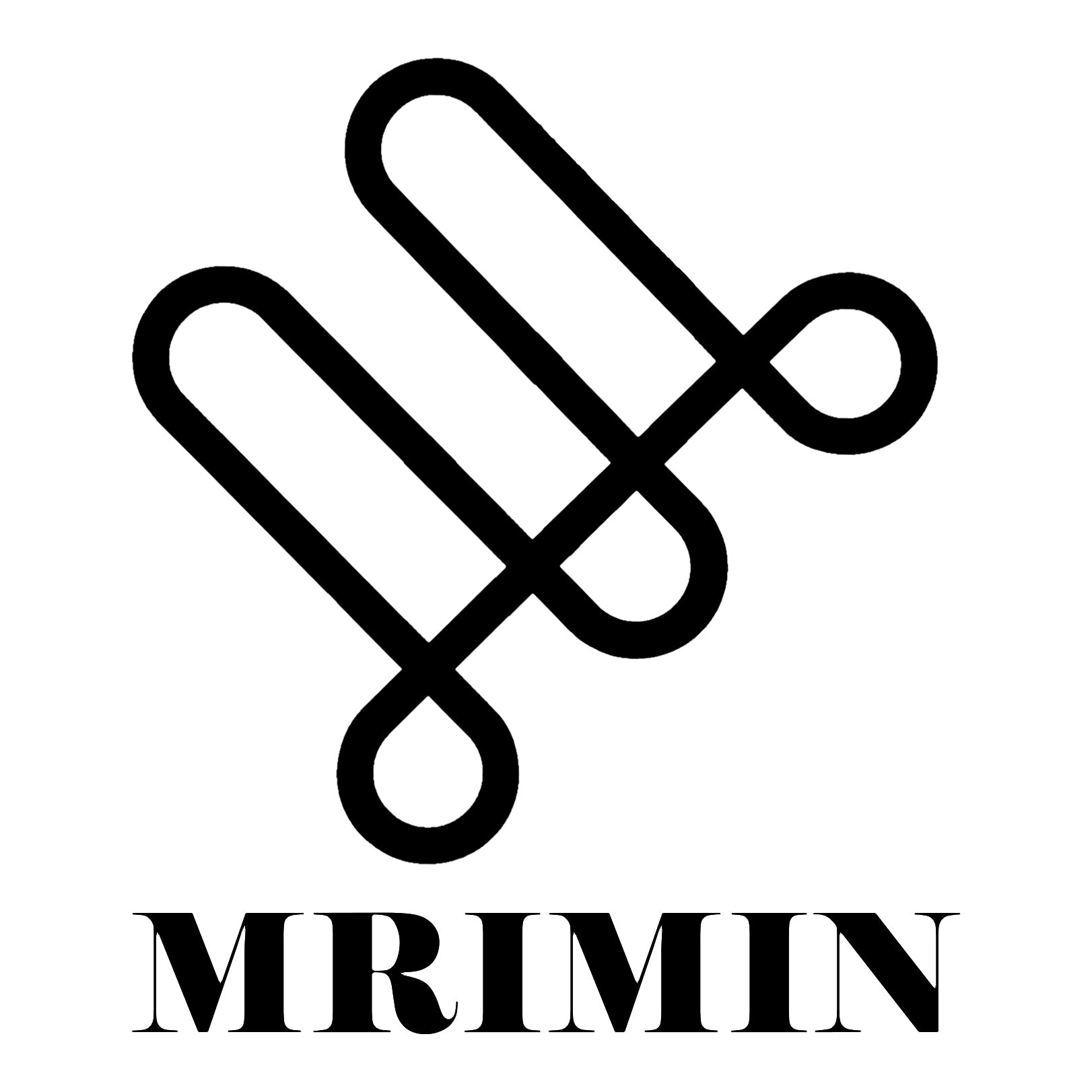How To Increase Testosterone Levels Healthily in FTM Individuals
Testosterone is a hormone that plays a crucial role in the development of male secondary sex characteristics. For individuals who are undergoing a Female-to-Male (FTM) transition, increasing testosterone levels can be an essential part of the process. This article explores various strategies to help FTM individuals consider ways to increase their testosterone levels safely and effectively.
1. Medical Consultation
Before beginning any hormone therapy, it's vital to consult with a healthcare provider experienced in transgender health. They can assess your individual needs, discuss potential risks and benefits, and monitor your health throughout the process.
2. Testosterone Replacement Therapy (TRT)
The most common method for increasing testosterone levels in FTM individuals is through Testosterone Replacement Therapy. This typically involves injections, patches, gels, or pellets that release testosterone into the body. TRT is prescribed and monitored by a medical professional and is tailored to each person's specific needs.
3. Lifestyle Changes
While not a direct substitute for medical treatment, certain lifestyle changes can support overall hormonal health and may contribute to a more effective response to TRT.
-
Exercise Regularly: Engaging in regular physical activity can help maintain a healthy body weight and improve overall well-being, which can positively influence hormone levels.
-
Maintain a Balanced Diet: Eating a balanced diet rich in nutrients can support hormone production. Foods high in healthy fats, proteins, and essential vitamins and minerals are particularly beneficial.
4. Sleep Hygiene
Getting sufficient, high-quality sleep is essential for hormone regulation. Aim for 7-9 hours of sleep per night and establish a regular sleep schedule.
5. Stress Management
Chronic stress can negatively impact hormone levels. Incorporating stress management techniques such as mindfulness, meditation, or yoga can help maintain hormonal balance.
6. Avoiding Toxin Exposure
Exposure to certain environmental toxins can disrupt hormone production. Minimizing contact with known endocrine disruptors, such as certain plastics and chemicals, can be beneficial.
7. Supplements and Natural Remedies
Some individuals may consider supplements or natural remedies to support hormone health. However, it's crucial to discuss these options with a healthcare provider first, as some supplements may not be safe or effective.
8. Monitoring and Adjusting Treatment
Regular blood tests are necessary to monitor testosterone levels during TRT. Adjustments to dosage or treatment method may be required over time to ensure optimal results and safety.
Increasing testosterone levels in FTM individuals is a personalized process that should be guided by medical professionals. A combination of medical treatment, lifestyle adjustments, and ongoing health monitoring can help achieve the desired outcomes. It's essential to be patient, as hormone therapy can take time to produce noticeable effects.
Always consult with healthcare providers and follow their guidance to ensure the safety and effectiveness of any treatment plan.
MRIMIN's FTM packers, designed specifically for transgender men, are invaluable tools for enhancing comfort, confidence, and alignment with one's gender identity. Beyond the physical aspect of creating a more authentic appearance in clothing, packers can profoundly impact one's sense of self and mental well-being.


